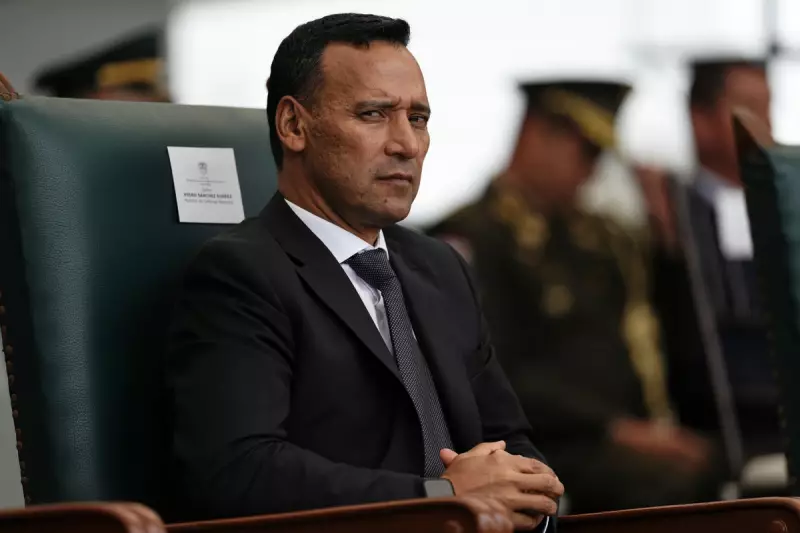
In a dramatic move that strikes at the heart of his flagship policy, Colombian President Gustavo Petro has announced the immediate suspension of a ceasefire with a major faction of former FARC rebels.
The decision, delivered via a presidential decree on New Year's Eve, targets the Estado Mayor Central (EMC) group. It comes in direct response to what the government describes as a recent surge in violent attacks against indigenous communities in the south-western departments of Cauca and Narino.
A Setback for 'Total Peace'
This suspension represents the most significant challenge to date for President Petro's ambitious 'total peace' plan. The initiative aimed to negotiate an end to Colombia's six-decade-long internal conflict, which has claimed over 450,000 lives.
"The peace process with the EMC is suspended," a statement from the presidency declared, adding that the military has been ordered to resume all operations against the armed group.
Who Are the EMC?
The Estado Mayor Central is a powerful splinter group comprised of former Revolutionary Armed Forces of Colombia (FARC) rebels who rejected the landmark 2016 peace deal. They remain a potent force, deeply involved in drug trafficking, illegal mining, and extortion across vast swathes of Colombian territory.
The now-suspended ceasefire, initially established for six months, had been a cornerstone of tentative negotiations between the government and the EMC leadership.
Roots of the Breakdown
The final straw for the government appears to be a recent attack attributed to the EMC that resulted in the death of an indigenous guard. Communities in Cauca have long been caught in the crossfire of fighting between rebel groups, paramilitaries, and drug cartels vying for control of lucrative cocaine routes.
President Petro, a former guerrilla himself and Colombia's first leftist leader, came to power in 2022 promising to bring "total peace" to the nation. This setback underscores the immense difficulties in negotiating with fragmented and often unpredictable armed groups.
The international community will be watching closely to see if this suspension is a permanent collapse of talks or merely a tactical pause to pressure the rebels back to the negotiating table.





